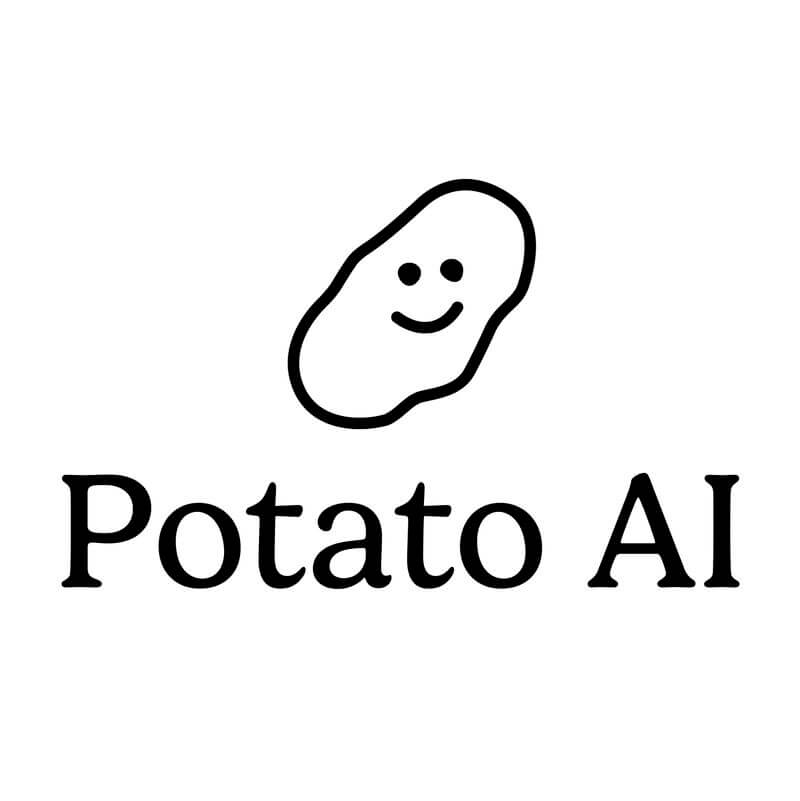Seattle-based startup Potato has secured $4.5 million in seed funding to revolutionize scientific laboratories through AI-powered automation and robotics. Founded in 2023 by neuroscientist Nick Edwards and technologist Ryan Kosai, Potato is developing AI-driven systems to create a closed-loop model of scientific research, spanning hypothesis generation, experimental execution, and analysis.
Potato's platform currently serves as an AI research assistant, aiding scientists in various tasks such as generating hypotheses, optimizing research protocols, summarizing scientific literature, critiquing journal articles, and drafting manuscripts. The AI assistant uses chat-based, generative AI tools built from large language models (LLMs) that are refined using retrieval-augmented generation (RAG). RAG improves the accuracy of results by incorporating scientific literature, including publications from Wiley, an academic publishing powerhouse with whom Potato has a partnership. The platform also offers automated review of uploaded papers, highlighting methods, evaluating controls, and suggesting follow-up experiments, as well as visualizing workflows by generating diagrams from text-based protocol descriptions. Researchers can also query the system on specific biology topics and receive chain-of-thought answers grounded in published work.
With the new funding, Potato plans to move beyond computational support and develop technology for performing actual experiments, starting with computational research and moving towards robotics capable of laboratory bench work. Potato is collaborating with the robotics company Ginkgo Automation on the development of automated experiments. The ultimate goal is to create a fully closed-loop, autonomous science system where AI agents plan, run, and interpret experiments with scientists in the loop.
The company's name, Potato, is a reference to the potato battery experiment, symbolizing the idea of building complex tools from simple foundations. Edwards describes Potato as a "reproducibility company" aiming to address longstanding problems in research consistency by automating literature review and standardizing protocol design. The company's vision is that advances in AI will make scientific discovery faster, cheaper, more accurate, and more reproducible. Potato aims to reduce the drudgery and inefficiencies in research, addressing the issue that scientists can't always replicate their own or others' work and get the same results.
The seed round was led by Draper Associates, with participation from Dolby Family Ventures and others. Potato had previously raised $1 million in a pre-seed round. Potato was also recently selected as a participant in the Merck Digital Sciences Studio accelerator program.
Other companies are also working on AI-powered lab automation. Zeon Systems is building AI-powered systems that automate manual work in scientific labs using robotics, allowing scientists to type their experiment in plain English and translating it into code to run on robotic arms. Zeon detects equipment, adapts to protocols, and moves autonomously between instruments to execute full workflows. Lila Sciences is building full-stack autonomous labs, melding generative AI with robotics to enable closed-loop hypothesis generation, execution, and iteration.















